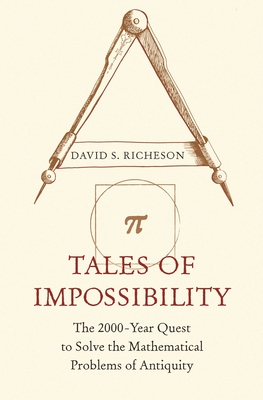Expedite your nonfiction book discovery process with Readara interviews, summaries and recommendations, Broaden your knowledge and gain insights from leading experts and scholars
In-depth, hour-long interviews with notable nonfiction authors, Gain new perspectives and ideas from the writer’s expertise and research, Valuable resource for readers and researchers
Optimize your book discovery process, Four-to eight-page summaries prepared by subject matter experts, Quickly review the book’s central messages and range of content
Books are handpicked covering a wide range of important categories and topics, Selected authors are subject experts, field professionals, or distinguished academics
Our editorial team includes books offering insights, unique views and researched-narratives in categories, Trade shows and book fairs, Book signings and in person author talks,Webinars and online events
Connect with editors and designers,Discover PR & marketing services providers, Source printers and related service providers

Tales of Impossibility: The 2000-Year Quest to Solve the Mathematical Problems of Antiquity
Mathematics > History & Philosophy
- Princeton University Press
- Hardcover
- 9780691192963
- 9.3 X 6.5 X 1.5 inches
- 1.7 pounds
- Mathematics > History & Philosophy
- (Single Author) Asian American
- English
Readara.com
Book Description
A comprehensive look at four of the most famous problems in mathematics
Tales of Impossibility recounts the intriguing story of the renowned problems of antiquity, four of the most famous and studied questions in the history of mathematics. First posed by the ancient Greeks, these compass and straightedge problems--squaring the circle, trisecting an angle, doubling the cube, and inscribing regular polygons in a circle--have served as ever-present muses for mathematicians for more than two millennia. David Richeson follows the trail of these problems to show that ultimately their proofs--demonstrating the impossibility of solving them using only a compass and straightedge--depended on and resulted in the growth of mathematics.
Richeson investigates how celebrated luminaries, including Euclid, Archimedes, Vi�te, Descartes, Newton, and Gauss, labored to understand these problems and how many major mathematical discoveries were related to their explorations. Although the problems were based in geometry, their resolutions were not, and had to wait until the nineteenth century, when mathematicians had developed the theory of real and complex numbers, analytic geometry, algebra, and calculus. Pierre Wantzel, a little-known mathematician, and Ferdinand von Lindemann, through his work on pi, finally determined the problems were impossible to solve. Along the way, Richeson provides entertaining anecdotes connected to the problems, such as how the Indiana state legislature passed a bill setting an incorrect value for pi and how Leonardo da Vinci made elegant contributions in his own study of these problems.
Taking readers from the classical period to the present, Tales of Impossibility chronicles how four unsolvable problems have captivated mathematical thinking for centuries.
Author Bio
I am a professor of mathematics and the John J. Curley ’60 and Ann Conser Curley ’63 Faculty Chair in the Liberal Arts at Dickinson College.
I graduated from Hamilton College in 1993 with a degree in mathematics, and I received a Ph.D. in mathematics from Northwestern University in 1998. I came to Dickinson after a postdoctoral position at Michigan State University.
I am passionate about many areas of mathematics, but my research focuses on dynamical systems, topology, the history of mathematics, and recreational mathematics. I am the author of Tales of Impossibility: The 2000-Year Quest to Solve the Mathematical Problems of Antiquity (2019) and Euler’s Gem: The Polyhedron Formula and the Birth of Topology (2008), both of which were published by Princeton University Press. I was the editor of Math Horizons, the undergraduate magazine of the Mathematical Association of America, from 2014 to 2019. I enjoy chatting about mathematics on my blog (Division by Zero) and on Twitter (@divbyzero).
My Erdös number is four in at least three ways (Erdös ? Andrzej Schinzel ? Michal Misiurewicz ? John Franks ? Me; Erdös ? Svante Janson ? Steve Fisher ? John Franks ? Me; Erdös ? Branko Grünbaum ? Jaume Llibre ? John Franks ? Me).
Source: divisbyzero.com
Videos


Community reviews
No Community reviews

